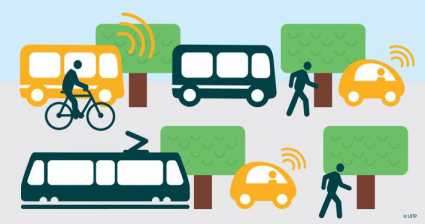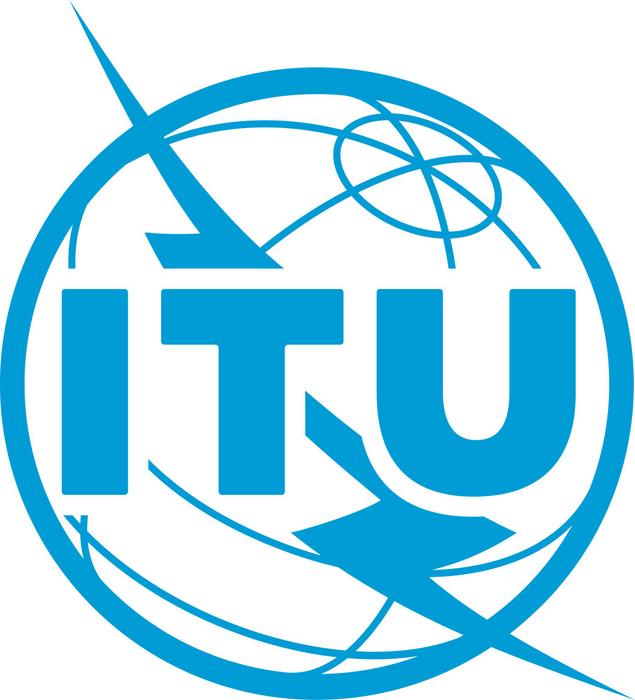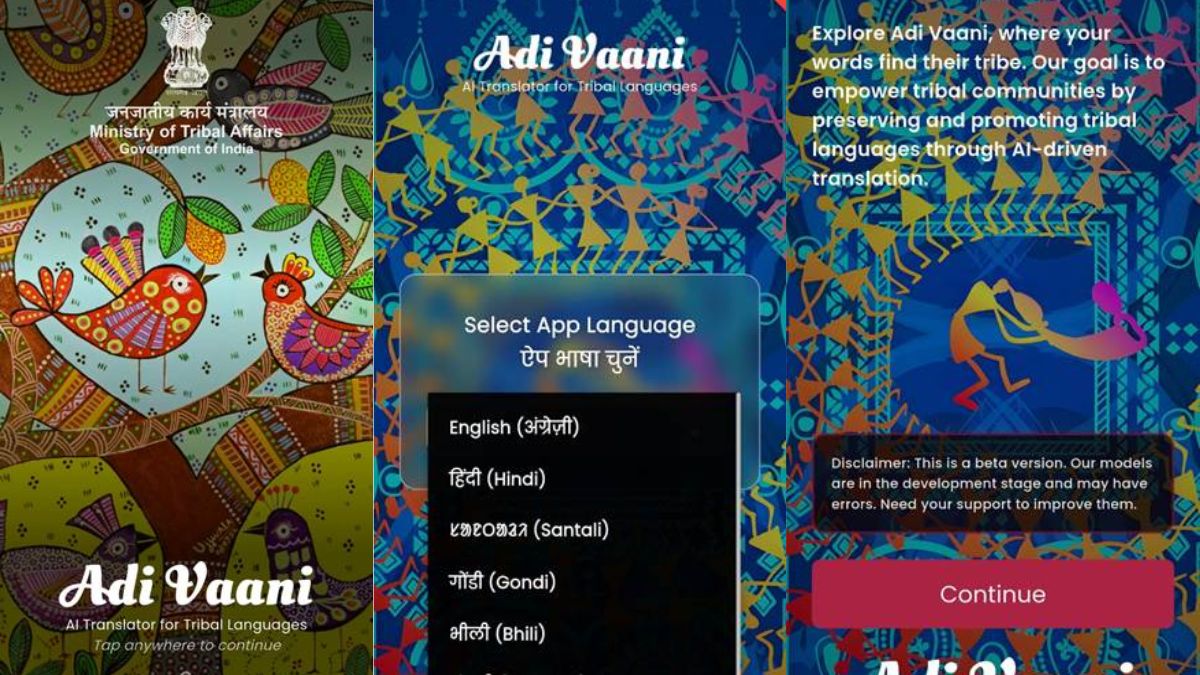Varanasi’s Indian Institute of Technology (BHU) has gained global recognition with its mobile app CommuteQ, which has been declared a global winner of the Urban Transport Challenge 2025—part of the Station Access and Mobility Program (STAMP), coordinated by the Toyota Mobility Foundation in collaboration with WRI India, Bangalore’s BMTC, Bangalore Metro, and ELCIA.
This accolade underscores the project’s strong blend of technological innovation and a human-centric design ethos.
Led by Dr. Agnivesh Pani, an Assistant Professor in IIT-BHU’s Civil Engineering department, CommuteQ was developed in partnership with experts from IIT Tirupati, IIIT Bangalore, IIM Indore, and ITSPE India. The core aim of the app is to drive sustainable urban commuting by nudging travelers toward walking, cycling, and public transport through engaging digital tools and behavioral science techniques.
At present, CommuteQ is in beta testing. The app boasts features like “Mobility Quests”—gamified tasks that track low-carbon journeys—commute tracking, carbon savings dashboards, and smart travel suggestions. It also offers real-time insights on public transportation availability, low-pollution routes, and convenience features such as nearby rest, food, and medical access. Additionally, a planner dashboard allows urban authorities to better align infrastructure with commuter behavior.
The recognition comes with a financial backing of roughly ₹83 lakh, which will support a 9-month behavioral mobility pilot in Electronics City, Bengaluru, starting in September. Upon successful demonstration, the team plans to expand the app’s reach to other Indian cities, while making CommuteQ available on Google Play Store and Apple App Store within the next three months.
Reflecting on the achievement, IIT-BHU’s Director Prof. Amit Patra emphasized the broader significance—highlighting how combining technology, creativity, and societal purpose can yield solutions with a global impact. Dr. Pani echoed this sentiment, stating that CommuteQ aims to foster smarter, greener commuting habits through subtle, behaviorally informed nudges.







